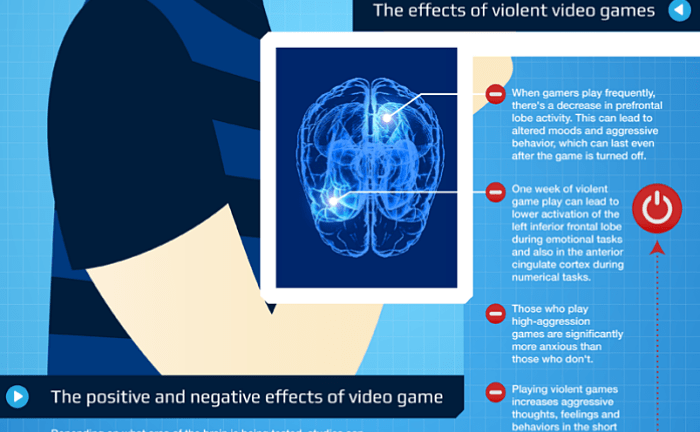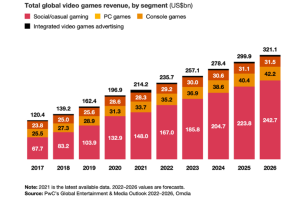
In the world of technology, gaming has emerged as a dominant force over the years. With advancements in graphics, gameplay mechanics, and online connectivity, gaming has transformed into a multi-billion dollar industry. However, behind the flashy visuals and addictive gameplay lies a deep understanding of human psychology.
The Thrill of Achievement
One of the primary drivers behind player behavior in gaming is the desire for achievement. Games are carefully designed to provide players with a sense of accomplishment and progression. Whether it’s completing a challenging level or acquiring rare items, the reward mechanisms within games tap into our innate need for validation and accomplishment.
The Power of Competition
Competition is a fundamental aspect of gaming culture. It taps into our primal instincts and fuels our need for superiority. Multiplayer games, in particular, provide an avenue for players to showcase their skills and compete against others. The desire to outperform others and climb the ranks drives players to invest countless hours in honing their abilities.
Social Connection and Community
Gaming, especially in the online sphere, has become a social experience. Players engage with others, form alliances, and build communities within gaming ecosystems. This social connection provides a sense of belonging, collaboration, and support. Humans are social beings, and gaming offers a platform for interaction, even in virtual environments.
Rewards and Incentives
Rewards and incentives play a pivotal role in shaping player behavior. Developers strategically implement systems that provide players with a steady stream of rewards to keep them engaged. These rewards can take the form of in-game currency, power-ups, or even cosmetic enhancements. By employing reward systems, developers tap into our psychological inclination towards instant gratification.
The Influence of Game Design
Game designers utilize various psychological techniques to keep players hooked. This includes the implementation of random rewards, known as the “variable ratio reinforcement schedule,” which is a powerful mechanism in creating addiction. By leveraging our brain’s response to uncertainty, developers can foster prolonged engagement and immersion within their games.
Escapism and Catharsis
Gaming offers an avenue for escapism and catharsis, allowing players to experience different worlds, roles, and narratives. It provides a mental break from reality and enables individuals to temporarily detach from their daily stresses. The immersive nature of gaming provides a sense of freedom, adventure, and exploration that can be highly therapeutic.
The Dark Side: Addiction and Compulsion
While gaming offers numerous benefits, it is essential to acknowledge the potential negative impact it can have on certain individuals. Excessive gaming can lead to addiction and compulsion, affecting mental health, relationships, and overall well-being. Developers and players alike must be aware of healthy gaming habits and seek a balance between virtual and real-life experiences.
Conclusion
The psychology of gaming goes far beyond mere entertainment. Understanding player behavior is crucial for game designers, marketers, and even players themselves. By grasping the underlying motivations and psychological triggers, a more engaging and responsible gaming experience can be created. Gaming has the power to entertain, educate, and connect people globally, making it a phenomenon that continues to evolve with the ever-changing landscape of technology.


